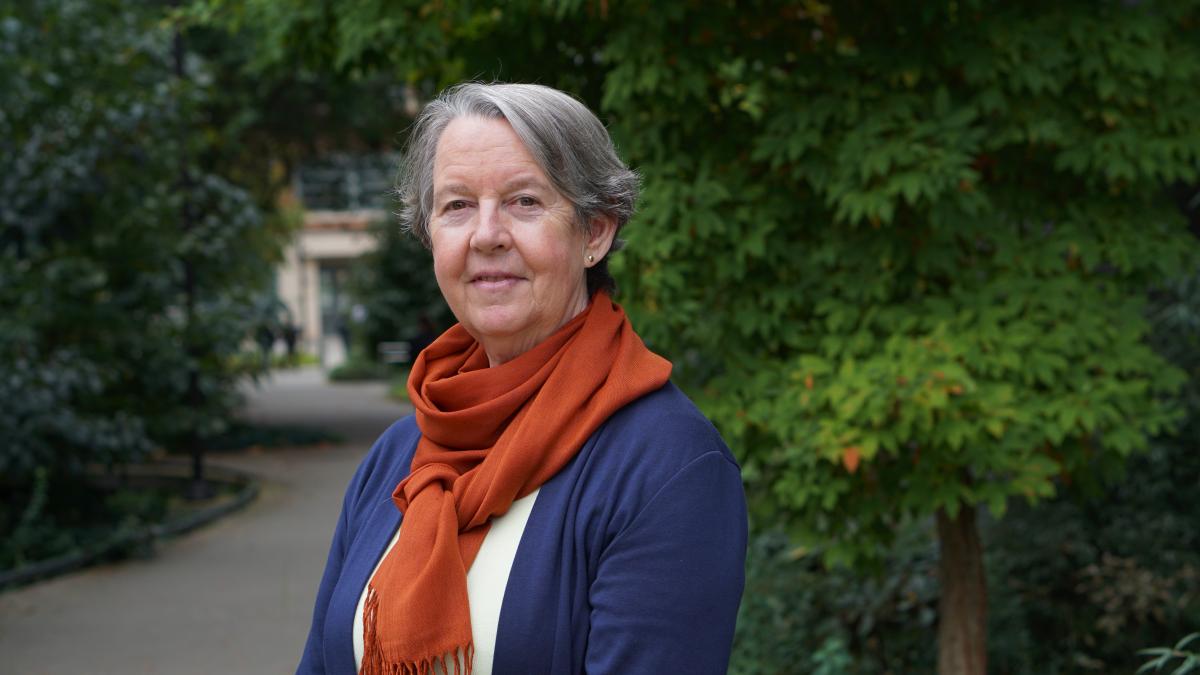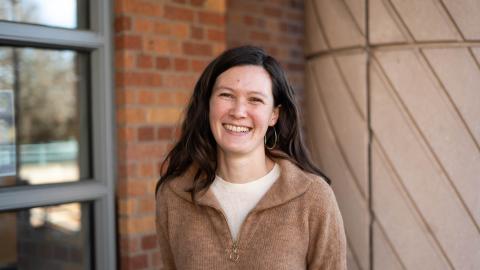A new rule passed by the US Environmental Protection Agency this month will prevent thousands of premature deaths each year. The rule strengthens the national air quality standard for industrial emissions of fine particles, often called soot, as part of the Clean Air Act.
The new standard will prevent up to 4,500 premature deaths and 290,000 lost workdays, with an impact of $46 billion in net health benefits in 2032, according to the EPA.
Fine particulate matter (PM2.5) emissions threaten heart and lung health, and can lead to heart attacks and premature death. Children, the elderly and people with underlying heart and lung conditions are particularly vulnerable to these emissions.
The new rule strengthens the annual air quality standard for PM2.5 from 12 micrograms per cubic meter of air to 9 micrograms per cubic meter.
“It's a policy that's going to protect a lot of people,” said Lianne Sheppard, professor in the UW Department of Environmental & Occupational Health Sciences (DEOHS) and Biostatistics. “Even small changes in air pollution can have huge public health impacts, because of the large populations affected.”
As chair of the EPA’s Clean Air Scientific Advisory Committee (CASAC), Sheppard reviewed the scientific evidence for the rule and presented the committee’s recommendations to the EPA, paving the way for this decision.
“I'm really proud and honored to be able to use my scientific expertise to contribute to benefiting public health,” she said.
“For me as a researcher, this is probably the most significant way I can impact public health on a population level.”
- Lianne Sheppard
Protecting overburdened communities
Industrial emissions of PM2.5 disproportionately affect communities of color and low-income communities in the US.
“This final air quality standard will save lives and make all people healthier, especially within America’s most vulnerable and overburdened communities,” EPA administrator Michael S. Regan said in a statement.
“In the past, even though there has been a lot of outcry when standards have been reduced about the costs, the benefits have been shown to far outweigh the costs,” Sheppard said. “Lowering the standard and improving the quality of the air is beneficial to everyone, in spite of the voices that may claim that it’s too expensive for it to be enacted.”
Michael Yost, DEOHS professor and chair, called Sheppard’s service on the committee “a really, really big job.”
“I think people don't appreciate how much of a time commitment it is, and she stuck with it,” he said. “And now there is a new standard, which is high impact. Reducing air pollution is probably the number one public health impact in the country, because it affects so many people for their entire lives.”




